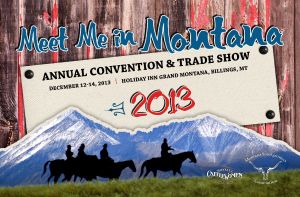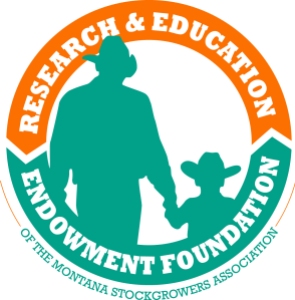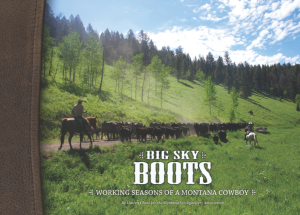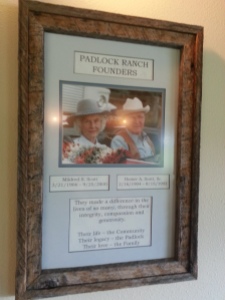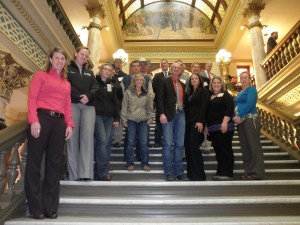Senate Committee Passes Grazing Improvement Act
(The following is a press release from the Public Lands Council)
WASHINGTON (November 21, 2013) — The Public Lands Council (PLC) and the National Cattlemen’s Beef Association (NCBA) hailed the Senate Committee on Energy and Natural Resources for passage of S. 258, the Grazing Improvement Act of 2013.
The legislation, sponsored by Senator John Barrasso (R-Wyo.) comes as a means to codify existing appropriations language — adding stability and efficiency to the federal grazing permit renewal process. The bill passed by the Committee will extend the term for grazing permits from a minimum of 10 up to 20 years, providing for added permit security. The U.S. Forest Service (USFS) and the Bureau of Land Management (BLM) have consistently — for more than a decade — carried a backlog of grazing permit renewals due to overwhelming and unnecessary National Environmental Protection Agency (NEPA) assessments. This bill provides sole discretion to the Secretaries of Interior and Agriculture to complete the environmental analysis under NEPA while allowing for an analysis to take place at the programmatic level.
“The act is vital for ensuring the fate of our producer’s permits — livelihoods are depending on the efficiency of the system — which undoubtedly needs restructuring,” said Scott George, NCBA president and Wyoming rancher. “Not only will the bill codify the language of the decades old appropriations rider, it will also allow categorical exclusions from NEPA for permits continuing current practices and for crossing and trailing of livestock. Additionally, it will allow for NEPA on a broad scale, reducing paper pushing within the federal agencies.”
The bill that passed was an amendment in the nature of a substitute which included troubling language, creating a pilot program which would allow for limited “voluntary” buyouts. These “voluntary” buyouts are not actually market based, due to outside influence. Where voluntary relinquishment of a rancher’s grazing permit occurs, grazing would be permanently ended. New Mexico and Oregon would be impacted — allowing for up to 25 permits in each state, per year to be “voluntarily” relinquished.
“PLC strongly opposes buyouts — voluntary or otherwise,” said Brice Lee PLC president and Colorado rancher. “Ultimately, buyouts create an issue for the industry due to the wealthy special interest groups who work to remove livestock from public lands. The language in the amendment addresses ‘voluntary’ buyouts; however, radical, anti-grazing agendas are likely at play. Litigation and persistent harassment serve as a way to eliminate grazing on public lands—and could force many ranchers into these ‘voluntary’ relinquishments, unwillingly. There can be no ‘market based solution’ in which any given special interest group is able to ratchet up ranchers’ cost of operation, and artificially create a ‘voluntary’ sale or relinquishment.”
Nevertheless, both Lee and George agree the bill is a strong indication that Senators from both parties recognize the current system is broken and must be fixed to provide stability for grazing permit renewals; despite the buyout language.
“Passage out of committee is a feat in itself — we applaud the efforts of Senator Barrasso and we are hopeful the bill will continue to improve as it advances in the Senate,” George said.





